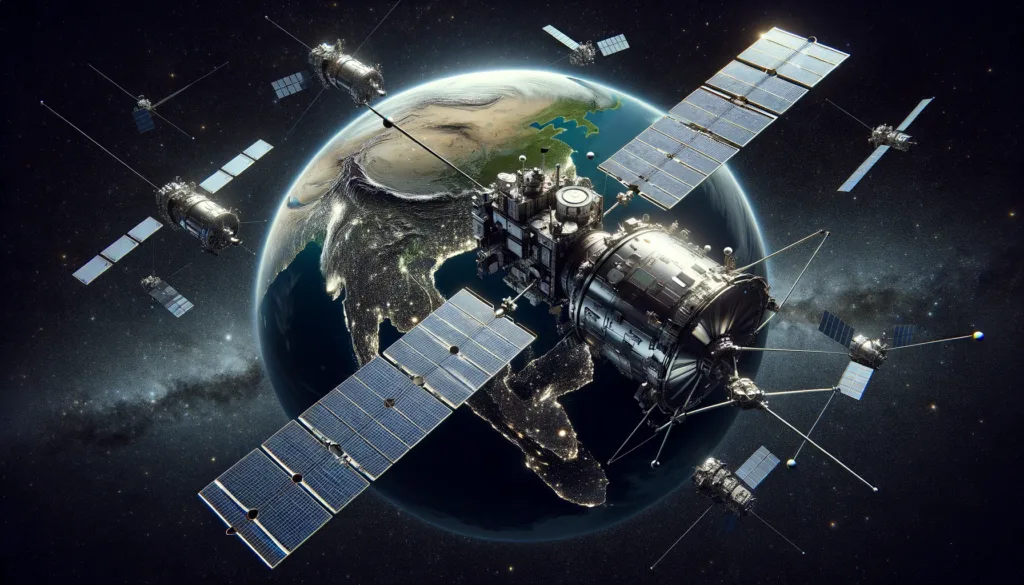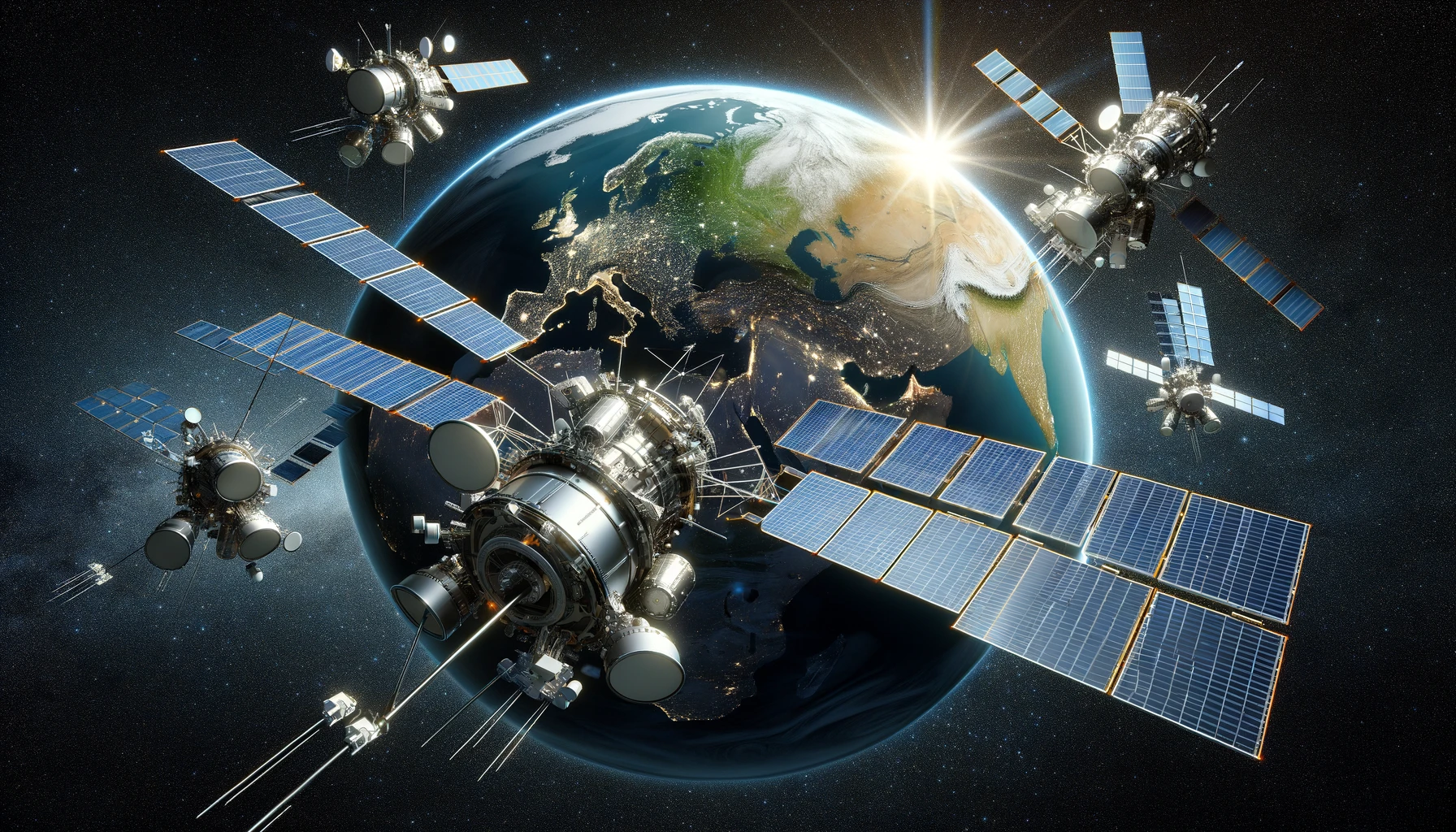MEO satellites, cruising between Low Earth Orbit (LEO) and Geosynchronous Earth Orbit (GEO), typically hover at altitudes ranging from 2,000 to 36,000 kilometers above Earth. This unique position, not as close as LEO or as far as GEO, allows these satellites to balance coverage, speed, and latency effectively.
The Potential of Medium Earth Orbit (MEO) Satellites
MEO is particularly significant in its use for robust communication and navigation systems, like the U.S. GPS. This orbit allows satellites to cover a broader area than LEO satellites while providing faster communication than GEO satellites due to their closer proximity to the Earth. This makes them especially useful for high-speed data services like video calling, streaming, or emergency communications in remote or rural areas.
Imagine you’re somewhere with limited access to traditional broadband—perhaps a remote farm in Latin America or a research station in polar regions. MEO satellites can be a game-changer here, providing reliable, high-speed internet that isn’t feasible with terrestrial networks. This connectivity is crucial not only for day-to-day communications but also for critical applications such as telemedicine or disaster response, where every second counts.
Moreover, the setup and use of MEO satellite services are becoming more accessible. Users typically require a satellite dish or terminal that communicates with the orbiting satellites. These terminals relay the signals to and from the satellites, ensuring a continuous connection that can support various data-heavy applications.
In essence, if you’re looking for a reliable internet service that keeps you connected in the most remote corners of the world, MEO satellites could be your answer. They bridge the gap between the high-speed, low-coverage LEO and the wide-coverage, high-latency GEO, providing a balanced solution for diverse global needs.

How AI Enhances MEO Satellites
Artificial intelligence (AI) is transforming the way Medium Earth Orbit (MEO) satellites operate, enhancing their capabilities and efficiency. AI algorithms are being utilized to optimize the routing and management of satellite networks, allowing for smarter allocation of bandwidth and resources based on real-time data and user demand. This results in more reliable and faster communication services, especially in areas where network traffic is highly variable. Additionally, AI is used in predictive maintenance for these satellites, analyzing data to foresee potential malfunctions or degradation in equipment before they occur. This proactive approach not only extends the lifespan of satellite components but also reduces the risk of service interruptions, ensuring continuous and effective coverage across the globe. AI’s integration into MEO satellite operations signifies a significant step forward in satellite communication technology, pushing the boundaries of what these orbiting devices can achieve.

